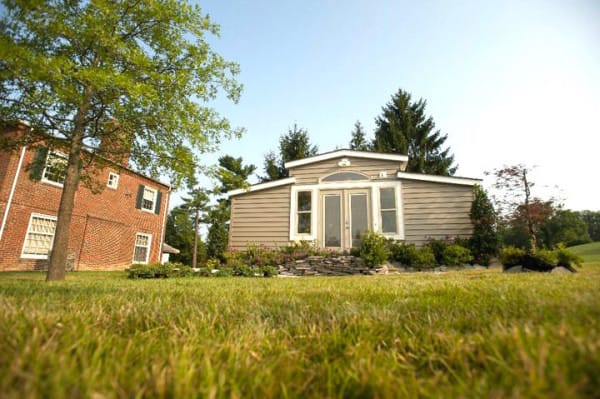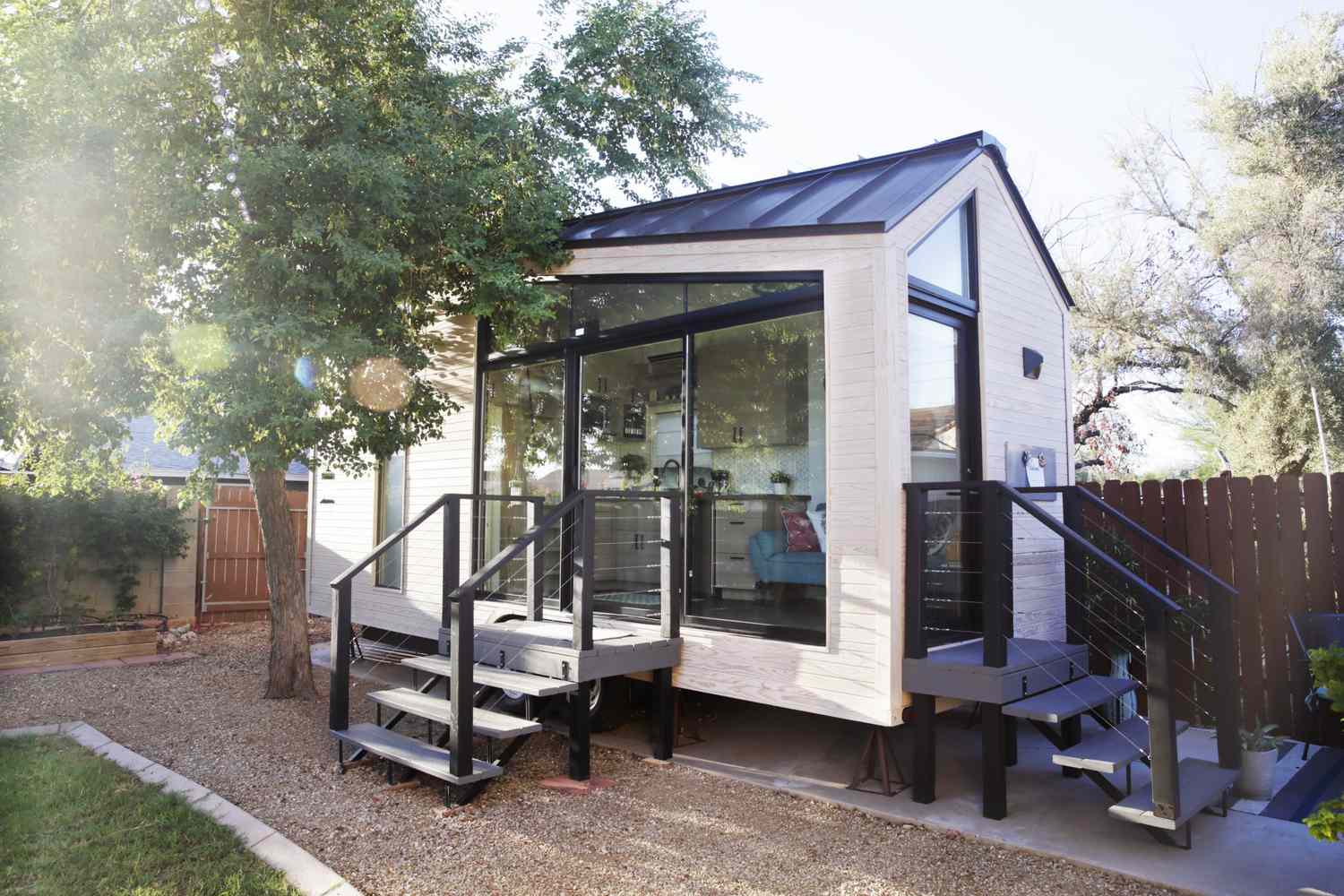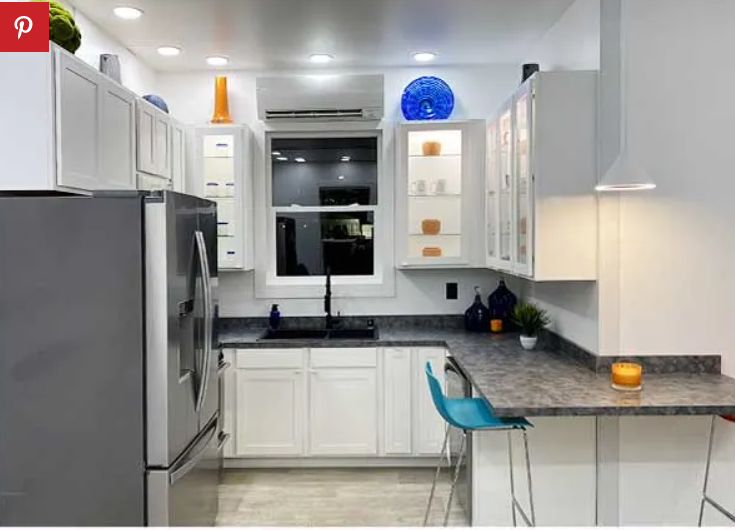As the population ages, the demand for senior health care services increases. Seniors and their families face a myriad of choices when it comes to finding the right type of care. Understanding the options available is crucial to ensuring that seniors receive the care and support they need to live their golden years in comfort and dignity. This article delves into three primary types of senior health care services: in-home care services, assisted living facilities, and nursing homes, providing insights to help make informed decisions.
In-Home Care Services
In-home care services are designed to allow seniors to remain in the comfort of their own homes while receiving the necessary support for daily living. These services range from basic assistance with daily activities to skilled nursing care.
Personal Care and Companionship: For many seniors, simple tasks like bathing, dressing, and meal preparation can become challenging. In-home caregivers provide the necessary support to maintain daily routines, along with companionship, which is vital for preventing loneliness and depression among seniors.
Skilled Nursing Care: Some seniors may require medical attention due to chronic conditions or after hospitalization. Skilled nursing care at home includes wound care, administering medications, monitoring vital signs, and other medical services under the supervision of a registered nurse.
Benefits: The primary advantage of in-home care is that it allows seniors to age in place, maintaining their independence and comfort in a familiar environment. It also offers flexibility, as the level of care can be adjusted based on the senior’s changing needs.
Assisted Living Facilities
Assisted living facilities provide a balance between independent living and nursing care, offering a residential community environment with access to care as needed. These facilities cater to seniors who require assistance with daily activities but do not need the intensive care provided by nursing homes.
Services and Amenities: Residents in assisted living facilities have their own apartments or rooms and share common areas. Services typically include meals, housekeeping, laundry, transportation, and social activities. Staff are available 24/7 to assist with daily living activities and medication management.
Social Environment: One of the significant benefits of assisted living is the community aspect. Seniors have opportunities to engage in social activities, classes, and outings, promoting a sense of belonging and improving their quality of life.
Considerations: Assisted living is suitable for seniors who need some level of care but wish to retain as much independence as possible. It’s important to evaluate the facility’s offerings, culture, and staff to ensure it matches the senior’s needs and preferences.
Nursing Homes
Nursing homes, also known as skilled nursing facilities, provide the highest level of care outside of a hospital. They are designed for seniors who require 24-hour supervision and medical care due to serious health conditions or disabilities.
Comprehensive Care: Nursing homes offer extensive medical care, including skilled nursing, rehabilitation services (such as physical, occupational, and speech therapy), and specialized care units for conditions like dementia.
Facilities and Staff: These facilities have a clinical setting, with medical professionals including nurses, therapists, and doctors on staff. The environment is structured to ensure the safety and medical well-being of residents.
Choosing a Nursing Home: Selecting a nursing home involves considering the quality of care, staff-to-resident ratio, cleanliness, resident satisfaction, and compliance with state and federal regulations. It’s often chosen for seniors who need more care than family members can provide at home or in an assisted living facility.
Making the Right Choice
Choosing the right type of senior health care service depends on the individual’s needs, preferences, and financial situation. It’s essential to involve the senior in the decision-making process as much as possible and consider the following:
- Assessment of Needs: A thorough assessment by a healthcare professional can help determine the level of care required.
- Visit and Evaluate: Before making a decision, visit the facilities or meet with in-home care providers to assess their services, environment, and staff.
- Financial Planning: Understand the costs associated with each option and explore insurance, Medicare, or Medicaid eligibility to help cover expenses.
Conclusion
Navigating the options for senior health care can be daunting, but understanding the differences between in-home care services, assisted living facilities, and nursing homes can help families make informed decisions. Each type of care offers unique benefits tailored to the varying needs of seniors. By carefully considering the needs of your loved one and evaluating the options available, you can ensure they receive the best possible care and support during their senior years.




